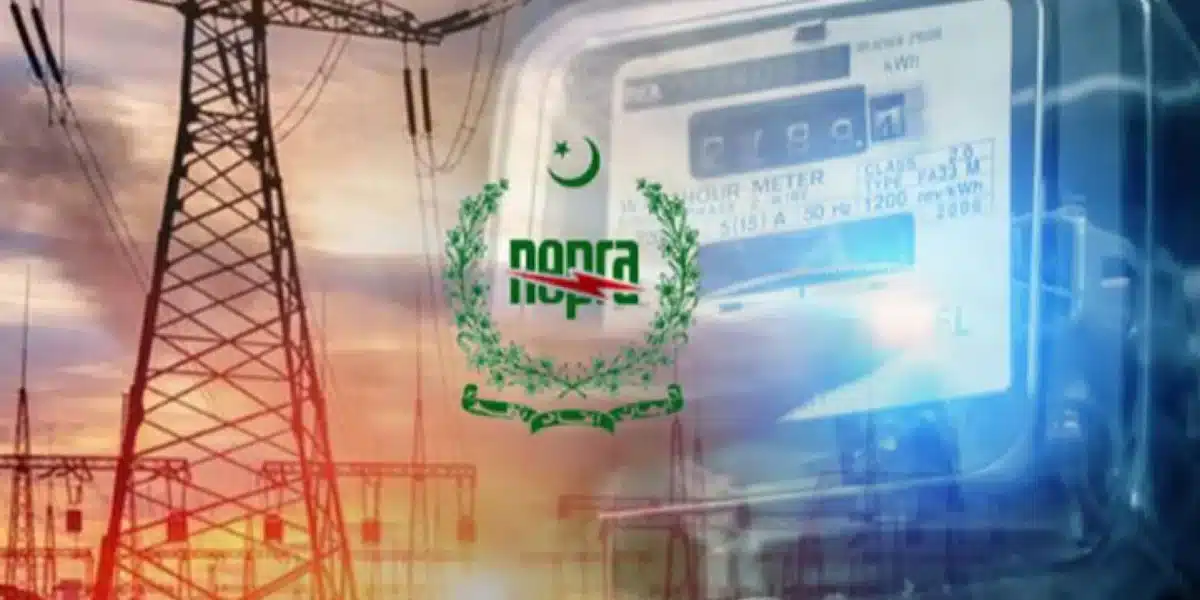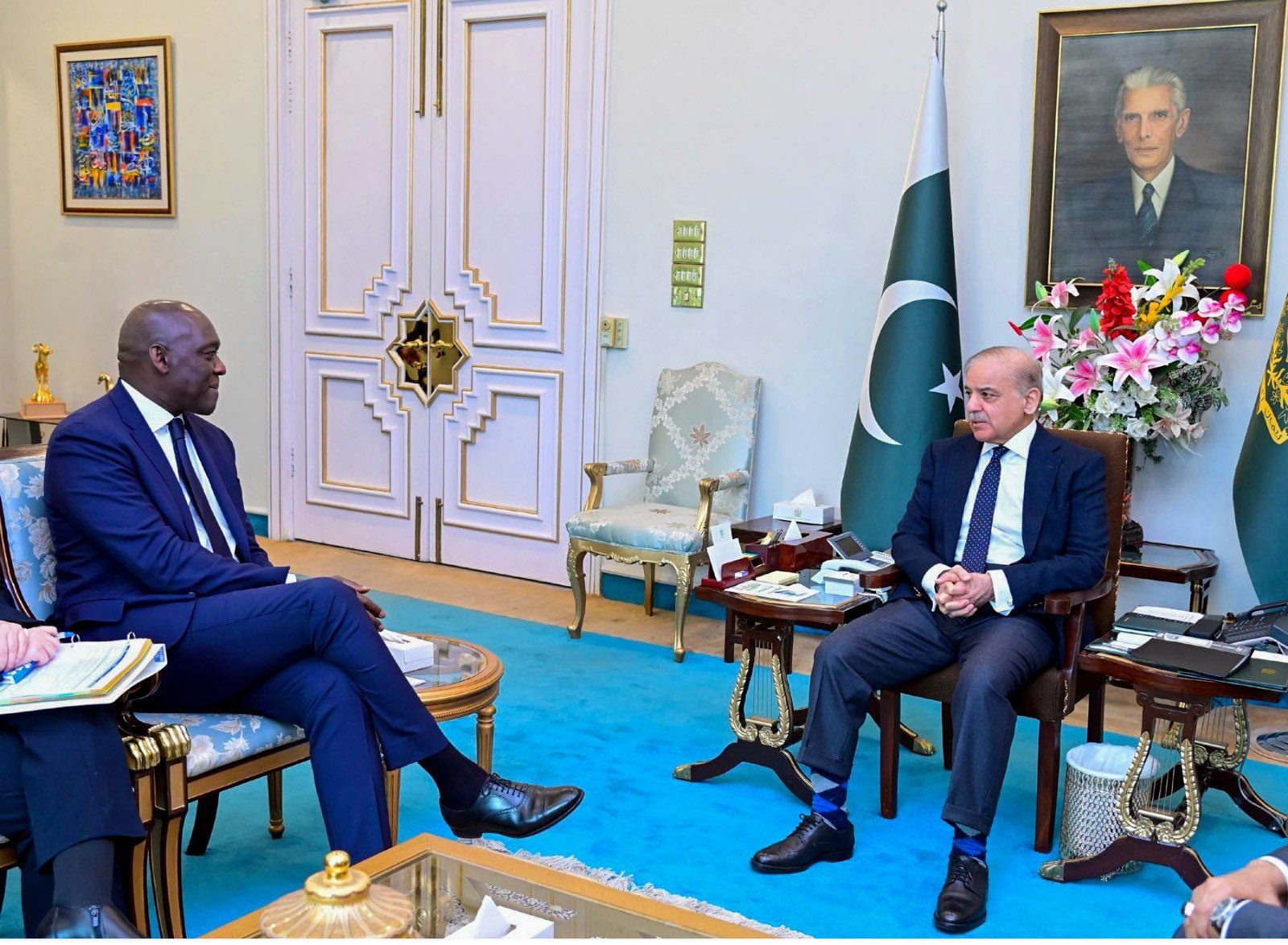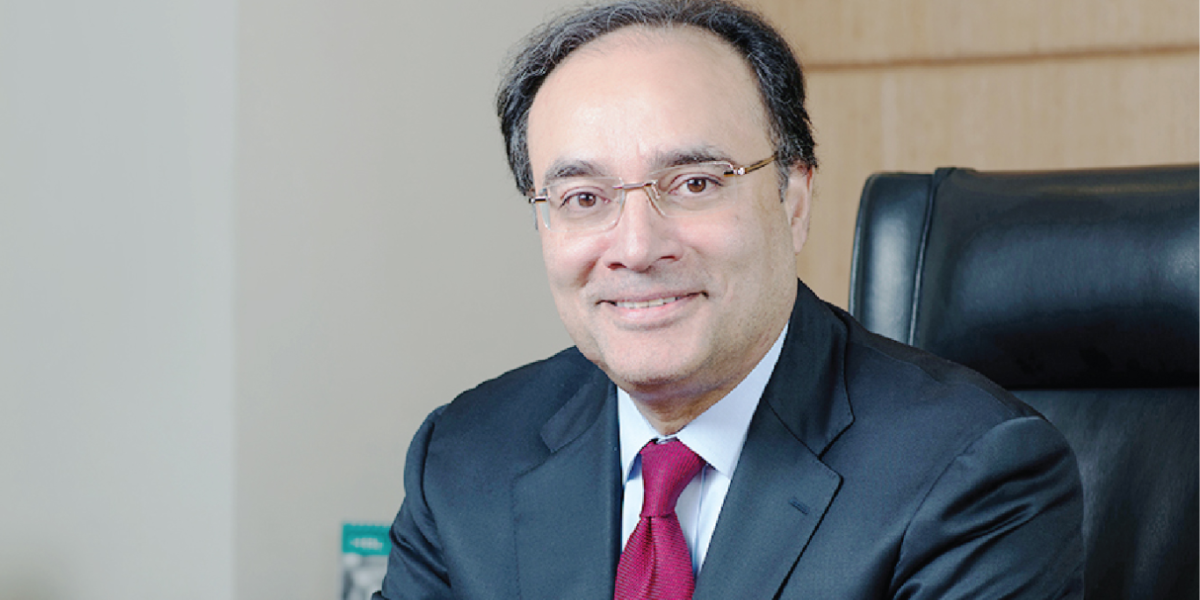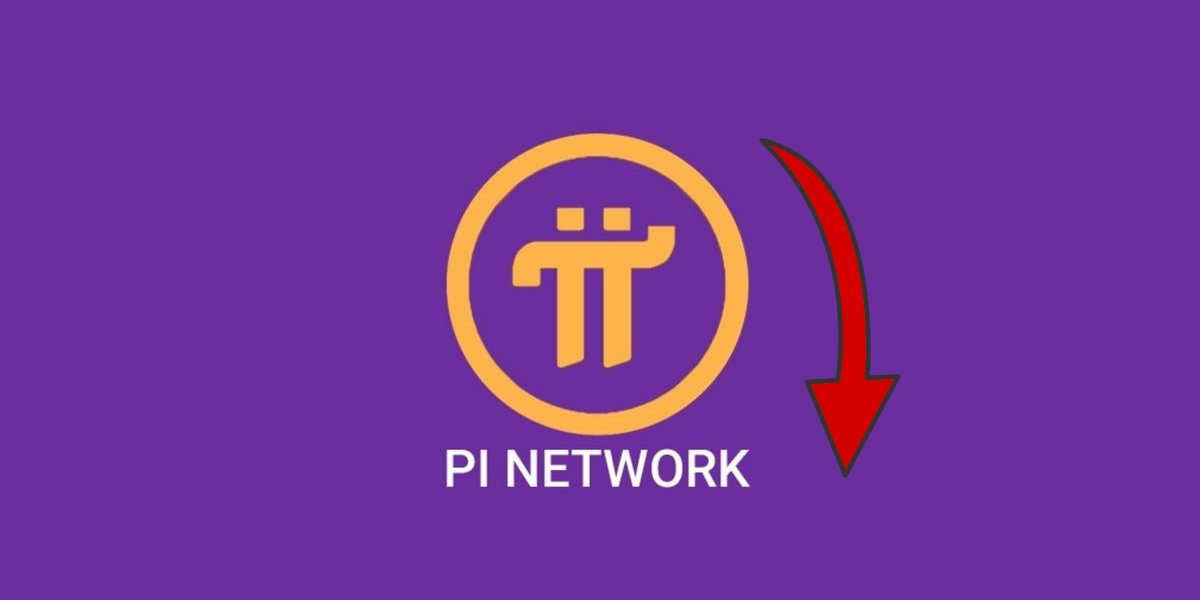ISLAMABAD: The National Electric Power Regulatory Authority (Nepra) on Tuesday reduced electricity prices by Rs0.75 per unit as part of the monthly fuel cost adjustment (FCA).
In a notification, the power regulator stated that the reduction in power tariff was approved for all distribution companies (Discos).
“In exercise of the power conferred by the fourth proviso of sub-section 7 of Section 31 of the NEPRA Act, the Authority has made the adjustment on account of variation in fuel charges for the month of November 2024 in the approved tariff of Ex-WAPDA Distribution Companies (XWDISCOS),” the notification read.
The relief will be given to all the consumer categories in January 2025 billing except lifeline consumers, domestic consumers consuming up to 300 units, Electric Vehicle Charging Stations (EVCS), Pre-paid electricity consumers of all categories who opted for pre-paid tariff, and agriculture Consumers of all the DISCOs.
In a separate notification, Nepra approved the Rs0.49 reduction in electricity price for K-Electric consumers on account of FCA for October 2024. The relief was given in the billing month of January 2025.
According to the regulatory authority, the Negative FCA for October 2024 will apply to all the consumer categories except lifeline consumers, domestic consumers consuming up to 300 units, Electric Vehicle Charging Stations (EVCS), Prepaid electricity consumers of all categories who opted for pre-paid tariff, and agriculture consumers.
“KE shall reflect the fuel charges adjustment in respect of October 2024 in the billing month of January 2025,” the notification read.
Last month, the federal government decided to slash electricity tariffs by Rs12 per unit in the next three months.
It was decided to reduce electricity tariffs by March 2025 through agreements with private Independent Power Producers (IPPs), state-run power plants, and renewable energy sources such as wind and solar.
This initiative follows extensive negotiations aimed at restructuring existing contracts, potentially saving up to Rs300 billion annually.















